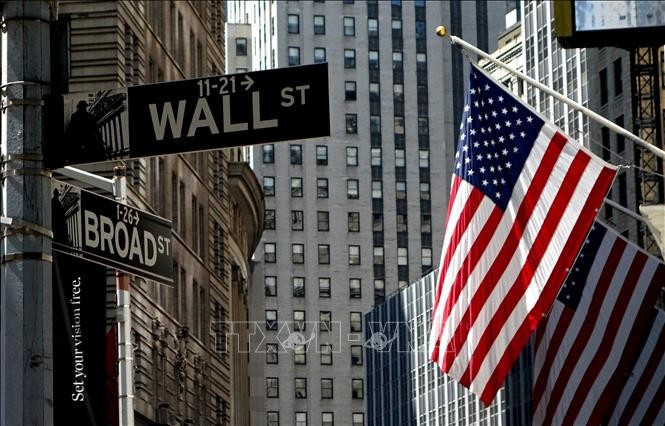According to the latest update from the Brookings-FT TIGER indexes (Tracking Indexes for the Global Economic Recovery) China, the US, the Eurozone, India and the UK all grew faster than forecast at the end of last year with an increase in consumer and business confidence after a difficult year in 2022. This contrasts with the forecasts of central banks and the International Monetary Fund (IMF) in January this year, which said that the world economy could enter a serious recession.
The Tiger Index also shows that leading emerging economies are benefiting from their inherent dynamism and improved policy frameworks and there are now few signs of a recession that some analysts feared despite high inflation and increased geopolitical and financial risk.
According to the above index, economic conditions are now close to historical averages in both advanced and emerging economies, with the increased confidence and financial market indicators. China is likely to hit its 5% growth target this year, while the US continues to record growth despite challenges from inflation. The Eurozone and the UK have weathered their toughest period since 2022, with wholesale gas prices down more than 80% from their peak last summer.
Meanwhile, India has benefited from economic reforms in recent years and is poised for a year of economic acceleration. The study comes as the Spring Meetings of the IMF and the World Bank (WB) are taking place in Washington this week and it is likely that at the meetings, the IMF will confirm the global economy’s stronger than predicted growth.
However, besides the above optimistic signals, the world economy still faces many difficulties this year and the medium-term outlook is not bright. The "ghost" of inflation still threatens the US economy and other economies around the globe.
Analysts said that the announcement of a surprise production cut by the Organisation of Petroleum Exporting Countries and its partners (OPEC+) is complicating the Federal Reserve's task of "cooling the economy" and may exacerbate the inflation problem in the US. Kevin Book, CEO of ClearView Energy Partners, forecasts that this move by OPEC+ could increase gasoline prices by more than 50 cents per gallon from the current average of 3.5 USD per gallon across the US.
In its report released earlier this week, the Organisation for Economic Co-operation and Development (OECD) also forecast that economic growth in Southeast Asia will slow from 5.6% last year to 4.6% this year due to persistent inflation and the global economic downturn.
Meanwhile, public debt and instability in the financial system are also obstacles to the recovery and growth of economies. IMF Managing Director Kristalina Georgieva said about 15% of low-income countries are already in debt distress and another 45% face high debt vulnerability.
In total, about 25% of emerging economies are at high risk and face near default. Accordingly, the main content of this year's Spring Meetings of the WB and IMF will be to find solutions to help the poorest countries get out of debt deadlock. In developed economies, concerns about a weak financial system are still growing. Eswar Prasad, an expert at the Brookings Institution (the US), has just commented that the recent turmoil in the banking sector in Europe and the US is exposing the weaknesses of the financial systems in major economies and increasing the more concerns about medium-term growth.
He also noted that policymakers, especially central banks, are floundering in a rapidly rising risk environment.
In the context of the world economy being in a state of tension between growth and the risk of recession as above, stabilising the black gold price to prevent inflation storms and support poor countries to repay debts, and making financial system healthy are things that need to be done immediately.
However, unity and joint efforts from financial institutions and governments, especially large countries, are essential. If the world economy falls into recession this year, all economies in the world will become losers and may suffer the same "lost decade" as happened in the past.
















